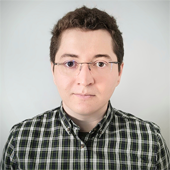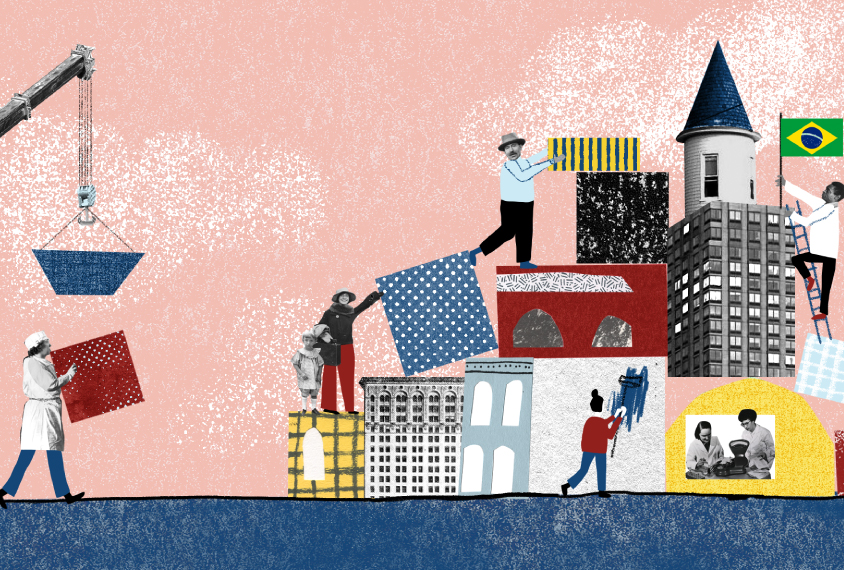Wainesten Camargo da Silva is a Ph.D. candidate at Universidade Federal do Tocantins in Palmas, Brazil.

Wainesten Camargo da Silva
Ph.D. candidate
Universidade Federal do Tocantins
From this contributor
How to plan policies that support the autism community in Brazil: Lessons from a U.S. experience
Brazil could learn from the challenges and successes of other nations to become a leader in planning for the needs of autistic people.

How to plan policies that support the autism community in Brazil: Lessons from a U.S. experience
Explore more from The Transmitter
Two neurobiologists win 2026 Brain Prize for discovering mechanics of touch
Research by Patrik Ernfors and David Ginty has delineated the diverse cell types of the somatosensory system and revealed how they detect and discriminate among different types of tactile information.

Two neurobiologists win 2026 Brain Prize for discovering mechanics of touch
Research by Patrik Ernfors and David Ginty has delineated the diverse cell types of the somatosensory system and revealed how they detect and discriminate among different types of tactile information.
Shifting neural code powers speech comprehension
Dynamic coding helps explain how the brain processes multiple features of speech—from the smallest units of sounds to full sentences—simultaneously.

Shifting neural code powers speech comprehension
Dynamic coding helps explain how the brain processes multiple features of speech—from the smallest units of sounds to full sentences—simultaneously.
Astrocytes orchestrate oxytocin’s social effects in mice
The cells amplify oxytocin—and may be responsible for sex differences in social behavior, two preprints find.

Astrocytes orchestrate oxytocin’s social effects in mice
The cells amplify oxytocin—and may be responsible for sex differences in social behavior, two preprints find.